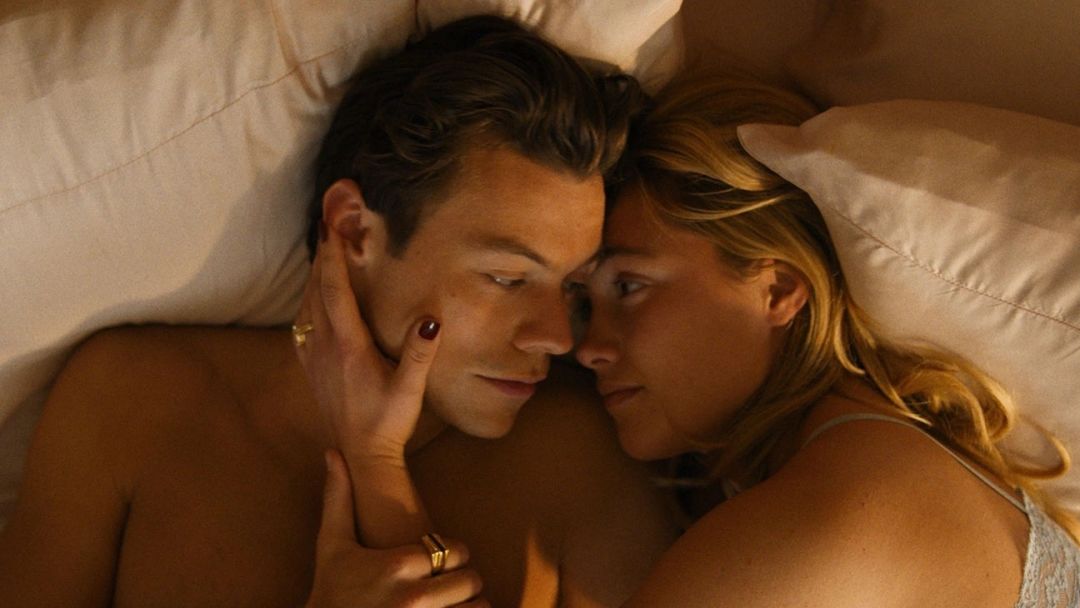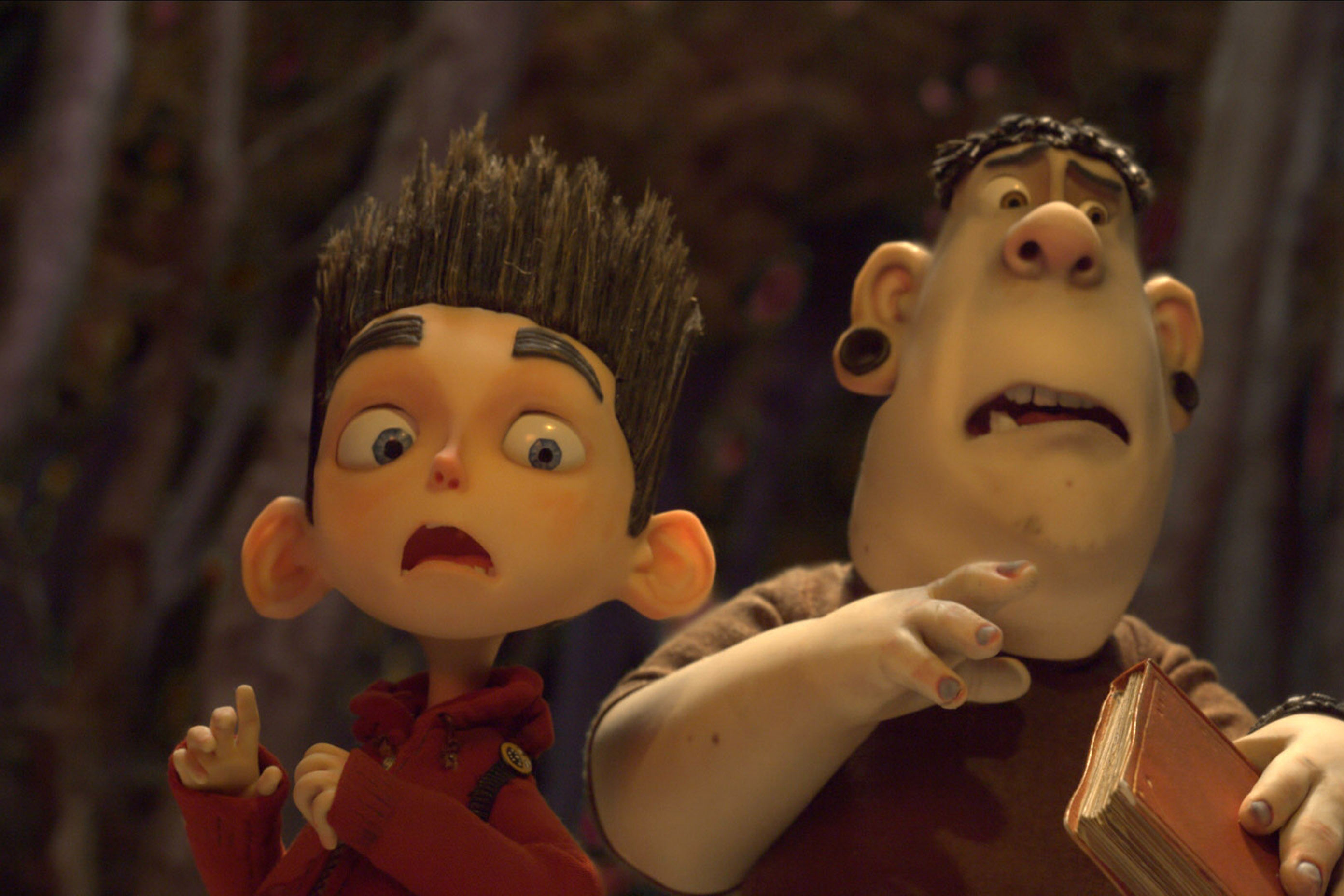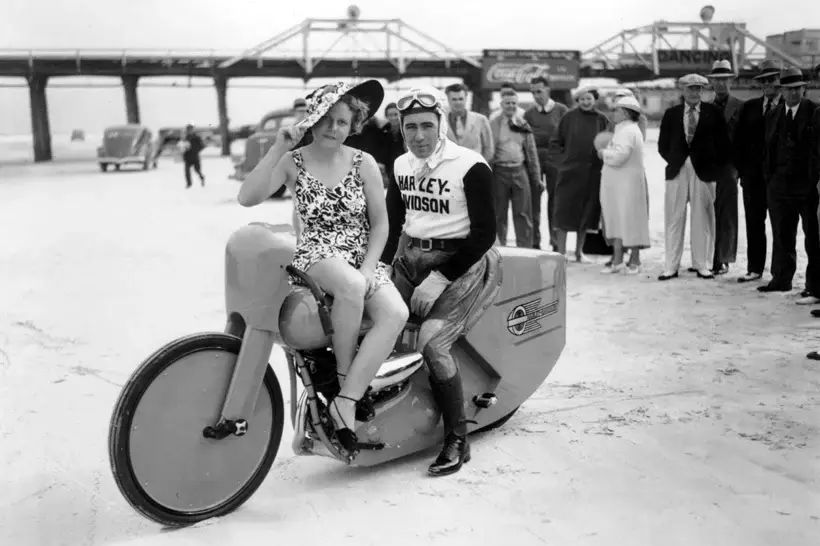What Is Going On with Our Relationship to Don’t Worry Darling?

Harry Styles and Florence Pugh in Don't Worry Darling
Image: Warner Bros
A long four weeks ago, the most notable thing about Don’t Worry Darling was the fact that it would be audiences’ first opportunity to see Harry Styles as a leading man. Now, six days after the movie's Venice premiere, the internet has capped a month of breathless gossip about the production with a debate over whether Styles spit in his costar Chris Pine’s lap—an accusation that has seen major media outlets slowing down video of the alleged incident as if it were a dicey tennis call.
On-set drama is nothing new (nor is our hunger for it), but there’s something unique about Don’t Worry Darling’s moment in the toxic tabloid sun. For starters, the film itself doesn’t seem especially interesting. Wilde built enough public goodwill after directing 2019’s Booksmart to make the average moviegoer curious what her next step might be, but when the Don’t Worry Darling trailer dropped in May, it hit with a thud. She’d be returning to multiplexes with The Stepford Wives meets The Truman Show, it appeared, slathered in a limp contemporary lacquer. Suburbia is oppressive. America is a lie. Men fear liberated women. It all felt a little warmed-over for a "director to watch," a hunch confirmed by the film’s paltry 42 percent Rotten Tomatoes score.
But something happened between the day the trailer dropped and the moment that score rolled in. As incidents piled up suggesting a rocky behind-the-scenes atmosphere, Don't Worry Darling went from unremarkable star vehicle to water cooler juggernaut in seconds flat.
First came Wilde's August cover story in Variety, in which she said she fired Shia LaBeouf from the film and replaced him with Styles. LaBeouf rebuked her claim, asserting instead that he quit, and provided emails and video to back himself up. Then it was announced that Florence Pugh, Don’t Worry Darling’s star, would not appear for more than a single interview on the film’s press junket, sparking a meteor shower of rumors about her and Wilde's relationship: some claimed Pugh resented Wilde for being an absent director, others that Wilde and Styles began an on-set romance that Pugh was either jealous of or objected to on moral grounds. This, in turn, led to renewed interest in an April incident where Wilde was served custody papers onstage at CinemaCon in Las Vegas. Much attention was paid to which of Wilde's Instagram posts Pugh had and had not liked. At the bleeding edges of the mayhem, QAnon showed up.
What's striking, when you zoom out from all the spitting and supposed social media slights, is the lack of coherent narrative attached to the chaos. We're used to picking sides in celebrity spats and telegraphing our own personal values in the process, but here, the camps never really congealed. Demonizing Wilde would have required us to accept the word of Shia LaBeouf, who is currently awaiting a court date for the sexual battery case his ex-girlfriend FKA twigs brought against him last May. Placing an iota of blame of Styles would rob us of our most beloved golden boy. For the first time in a long time, the drama seems to resist moral verdict; instead, it feels like gossip for the pure love of the game.
The thing is, though, we've forgotten how to gossip without grandstanding. Twitter has come to define the way we talk about salacious movie star news: with with broad swipes, high snark, an eagerness to dunk. But lately, the tone of Twitter has backed away from the torch-and-pitchfork righteousness it slipped into in the mid-2010s, leaving moments like this in an odd sort of limbo.
Without sounding too grandiose, it feels like the Don't Worry Darling controversy marks the cusp of a new era, like we've seized the film's press campaign and turned it into a canvas on which we’re allowed to work out what celebrity gossip means in a post-everything pop culture. People simply cannot stop talking about the myriad scandals—few of which are especially scandalous or contain concrete details—and they're tiptoeing up to the line of tweeting, "Screw Olivia Wilde, Florence Pugh innocent!!!" and, "Shia LaBeouf WRONGED!!" and, "Harry Styles is toxic," but effortfully pulling themselves back from the edge. There's a new acknowledgement that absolutism doesn't sell, and as a result, lots of potential energy with no target. The internet is spinning its wheels, using an old template for a new moment, and it's fascinating to watch.
It feels, especially in the context of recent failed attempts to label Styles an enemy of the queers, like the final sign we've moved beyond the "problematic fave" era and into a new, uncertain frontier—one trying to square a general desire for justice with an acknowledgment that we may not have all the answers when we treat the private lives of people we've never met as a pure spectator sport.
After Queen Elizabeth II died last week, a string of jokes sprung up that offered some variation on, "I can't believe Olivia Wilde killed the Queen of England to take the heat off the Don't Worry Darling drama." The jokes were funny, and accidentally a little profound. As the UK prepares to coronate its new king, many have paused to consider whether a 21st century monarchy serves any purpose at all (which is, of course, not a new line of thought, and one much more wrapped up in centuries of colonial violence than low-stakes Hollywood gossip). Something tells me that, after the Don't Worry Darling dust settles, we'll be able to view the fanfare around it on a funny parallel track: one moment among many where the gears shifted and we got a chance to look around and ask what we were doing here, really. Now that's a variation on The Truman Show I'd like to see.




